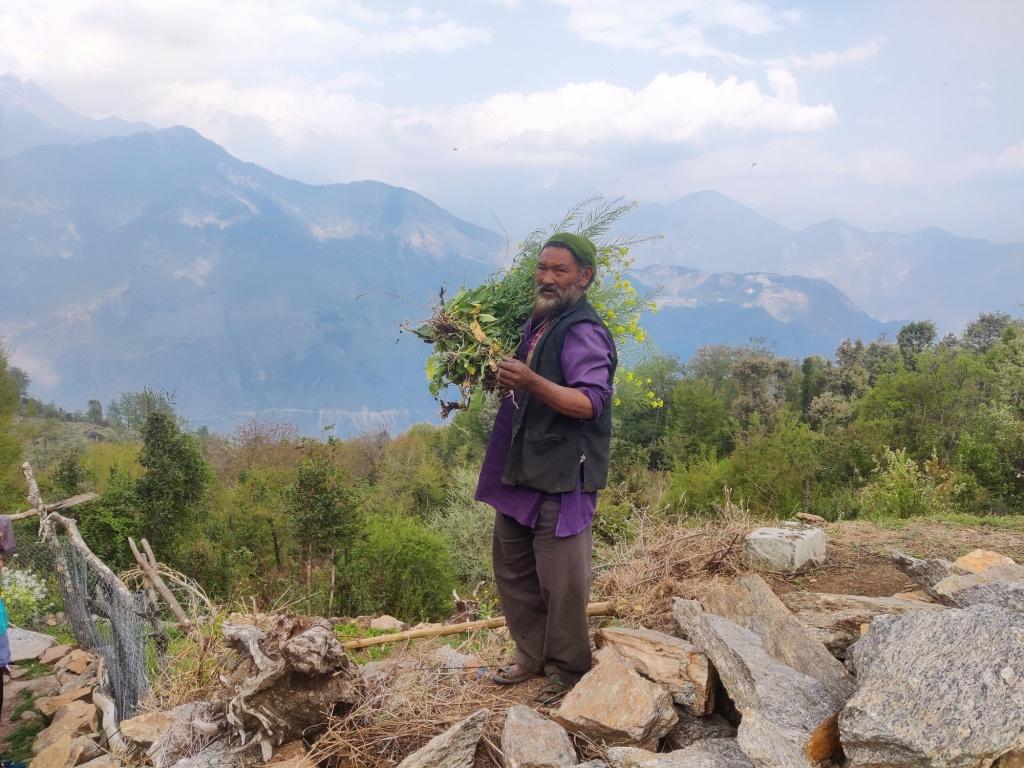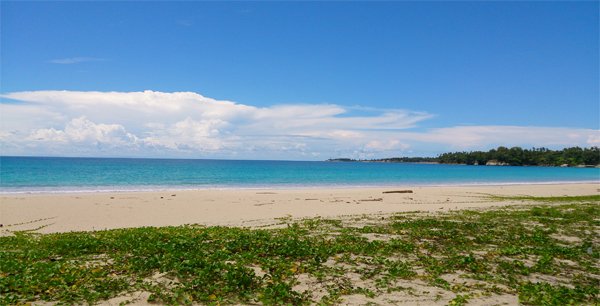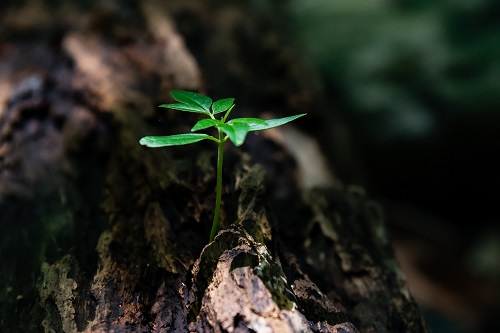Whenever we think of the Himalayas, picturesque green meadows, deep valleys, spectacular sunsets, and pristine snow peaks flash before our eyes. It is every backpacker’s dream destination, and people from all around the world travel to visit the mighty Himalayan mountains. Behind these beautiful, awe inspiring sceneries however, lies a harsh reality – one of increasing temperatures, irregular rainfall, and rapidly melting glaciers, all pointing to accelerating climate change. It is now common to read about natural disasters affecting the Himalayan landscapes and communities, causing death and destruction every other day.
Sadly, the brunt of these climatic and environmental changes are borne by the people living in the hills. In order to cope with this vulnerability, young people migrate to urban areas in hopes of living a better life. They are compelled to abandon their traditional occupation of farming in search of alternative livelihoods in cities.
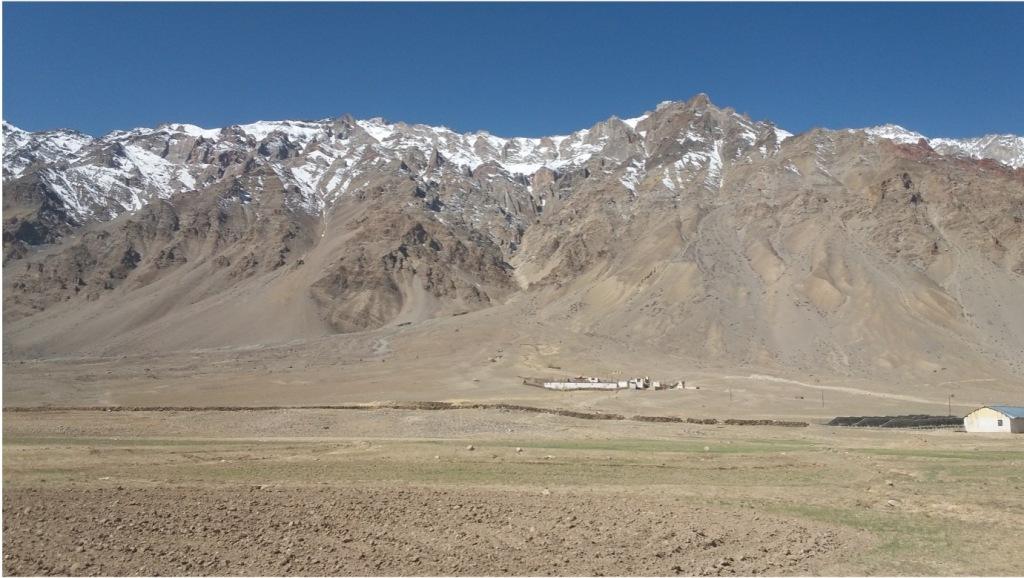
Infact, a journal article titled Climate, Agriculture, and Migration: Exploring the Vulnerability and Outmigration Nexus in the Indian Himalayan Region (Biella, et. al, 2022), pointed out the decline of traditional norms, values, sense of belongingness and traditional adaptive knowledge specific to the mountain communities. This calls for a serious and urgent look into the impacts and methods to tackle climate change in the region.
It is important to understand the effects of climate change on rural communities and find solutions to help mitigate its impacts. Margshala Foundation (previously incubated under India & Bharat Together/IABT Foundation) is an NGO based in New Delhi, that is on a mission to facilitate rural youth change-makers to build sustainable livelihoods, locally, within their communities.
Margshala encourages youth to create opportunities for sustainable rural lifestyles, by enhancing their adaptive capacity to recognize and respond to grassroots adaptations to climate change and building their capacity for entrepreneurship suited to the hill region.
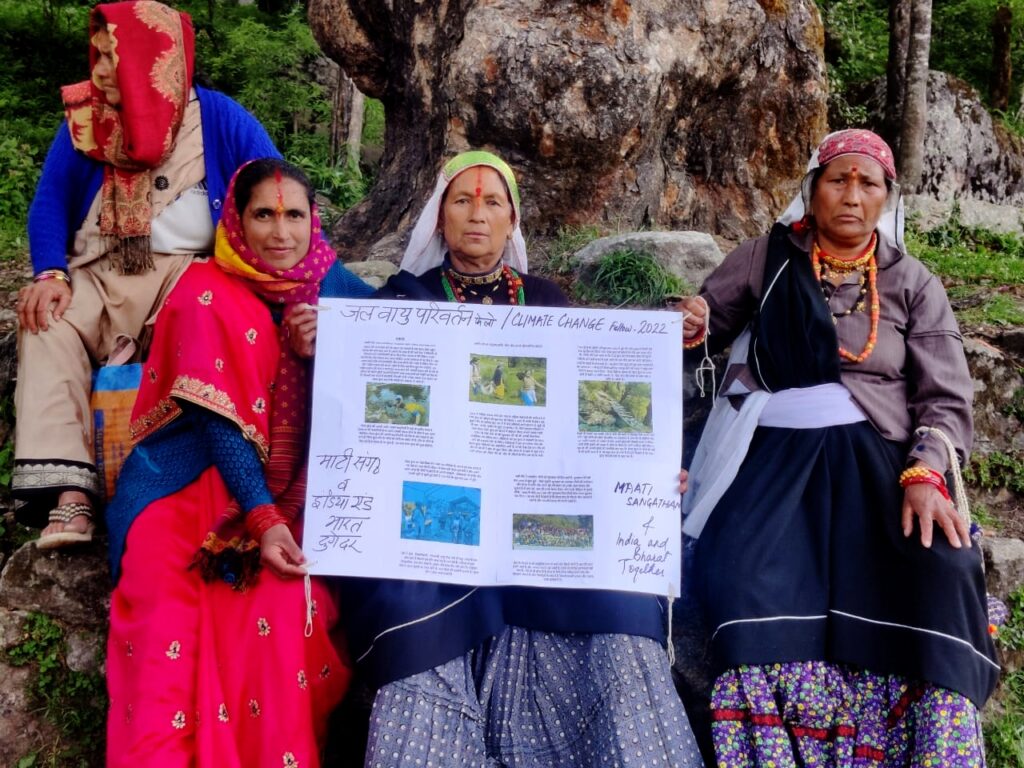
VPJ Sambhavi, Program Associate at Margshala Foundation shares, “We initiated the Western Himalayan Youth Fellowship (WHYF) in 2022, with the aim of facilitating climate leadership among Himalayan youth by studying climate change impacts on rural hill communities and highlighting community-based models of adaptation. The six month fellowship was part of a global climate change project, called Grounded Imaginaries in collaboration with Sydney Environment Institute, University of Sydney and Social Entrepreneurship Association, Auroville. As part of the WHYF, 6 Himalayan youth, 2 each from Ladakh, Himachal Pradesh, and Uttarakhand were mentored in research and media skills to explore the impact of climate change. They worked in 3 remote villages – Kewar Village, Sarmoli Village (Uttarakhand) and the Pishu Village (Ladakh) and brought out key insights and challenges working on climate change issues at the grassroots.”
The fellowship threw open myriad challenges but also gave insights into the perspectives and actions followed by communities at the local level to fight climate change. These local climate challenges and community-initiated solutions, which had remained hidden and invisible in mainstream media, were brought to light through the fellowship.
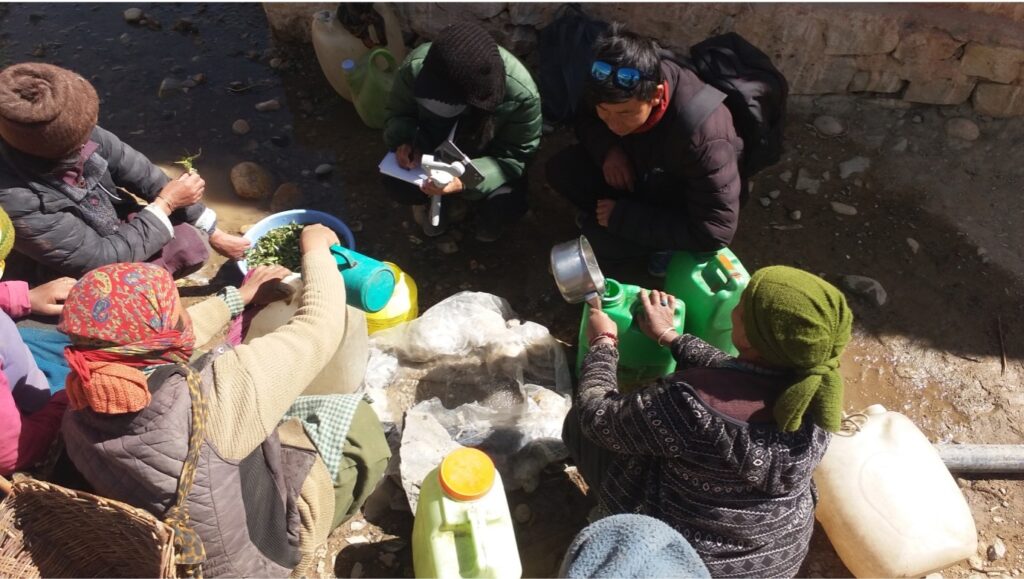
A case in point is the Pishu community’s (Ladakh) attempt to resolve its water crisis through homegrown adaptations. Pishu is facing a serious water crisis. To slow this down, the community has incorporated solar pumping and water management schemes. Our fellows, Dawa Dolma and Stanzin Dorjay created a video titled Chu Med (means ‘No Water’ in Ladakhi language) to spread awareness about Pishu and the community.
“The resilience of communities to combat issues of climate change by themselves is appreciable. Communities are using indigenous knowledge and devising local interventions and techniques to address the issues of climate change. We need to provide them with long-term support, capital, scientific knowledge, and technology to carry on and amplify their efforts. Moreover, developing approaches and policies that holistically include the mountain communities is a must.”
Margshala Foundation also runs the Margshala Swarozgar Fellowship, a 7-month program that supports rural entrepreneurship by offering mentoring, guidance, and seed grants to budding youth entrepreneurs from Uttarakhand. The program has worked with 98 entrepreneurs since it began in 2020 and is currently running its third cohort.
The efforts of Margshala to assist, create opportunities, and support hill communities deserves applause. The organisation hopes to enable youth change makers to forge different futures for themselves, and aim to create sustainable rural futures in the Western Himalayas.
Are you interested in knowing more about youth-centric programs in the Himalayas? Check out Margshala’s work and programs through their website at margshala.com. To know more climate change challenges and adaptations at the grassroots, follow the Grounded Imaginaries project.
Share your green story!!


